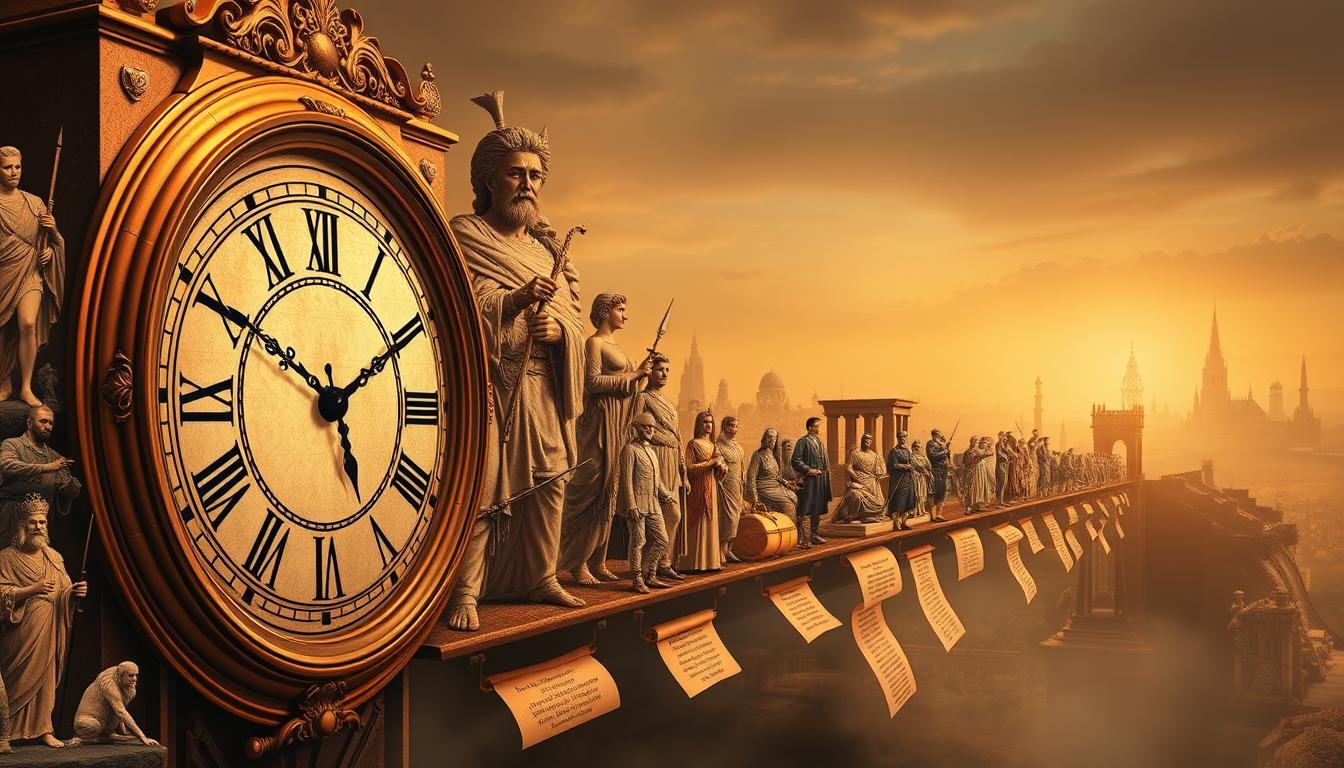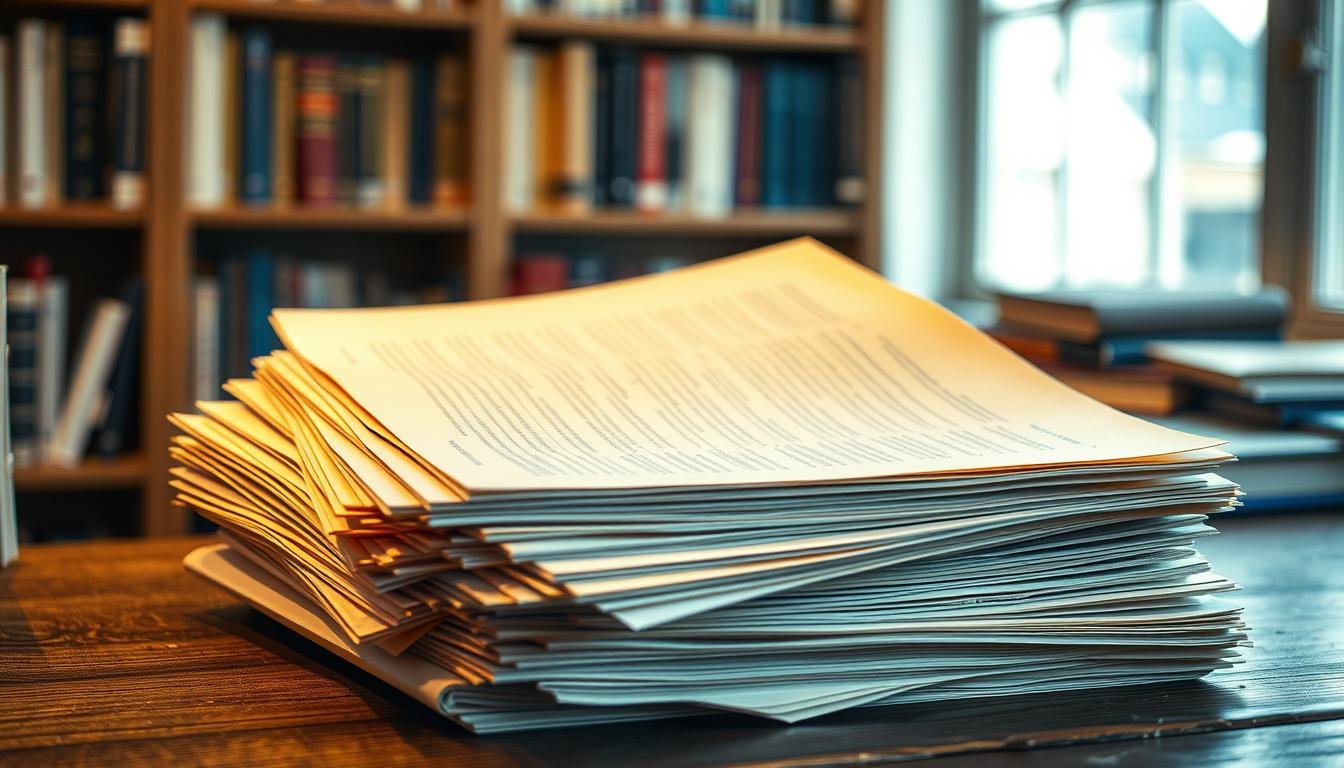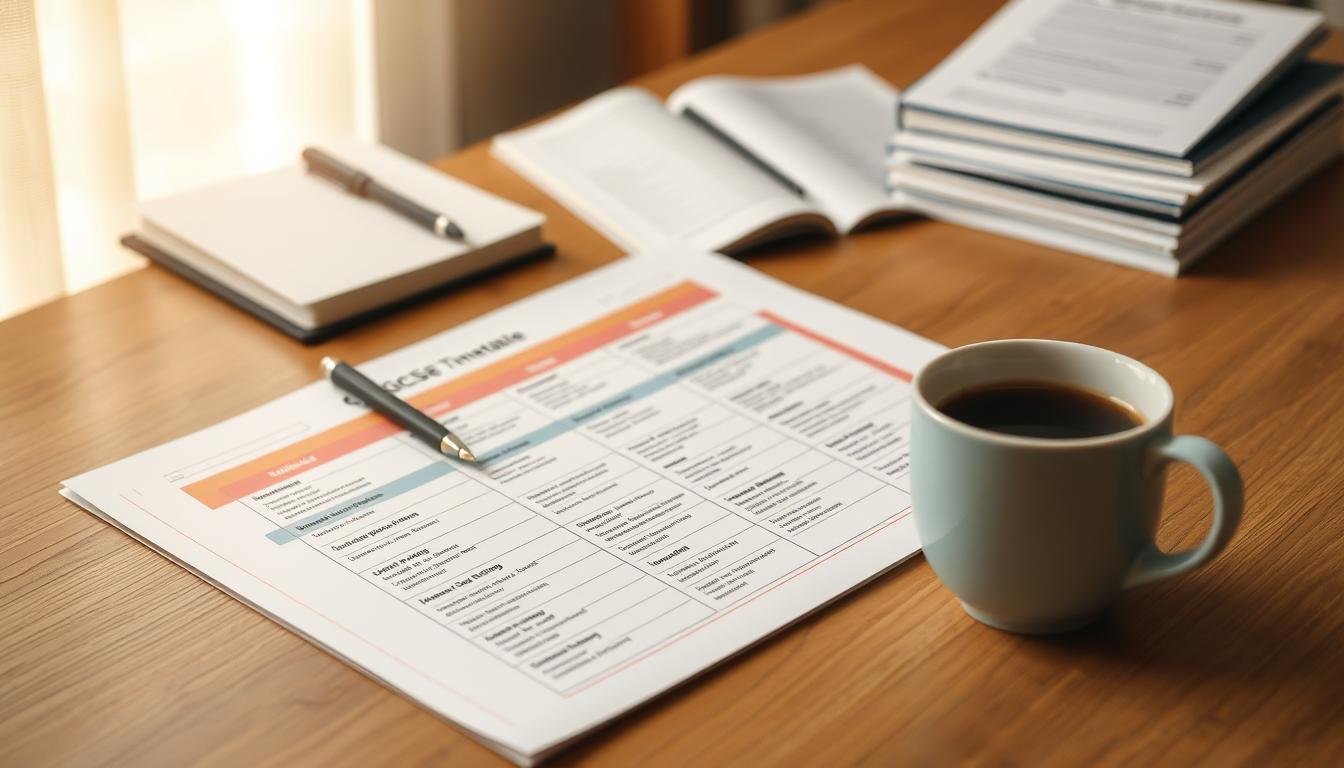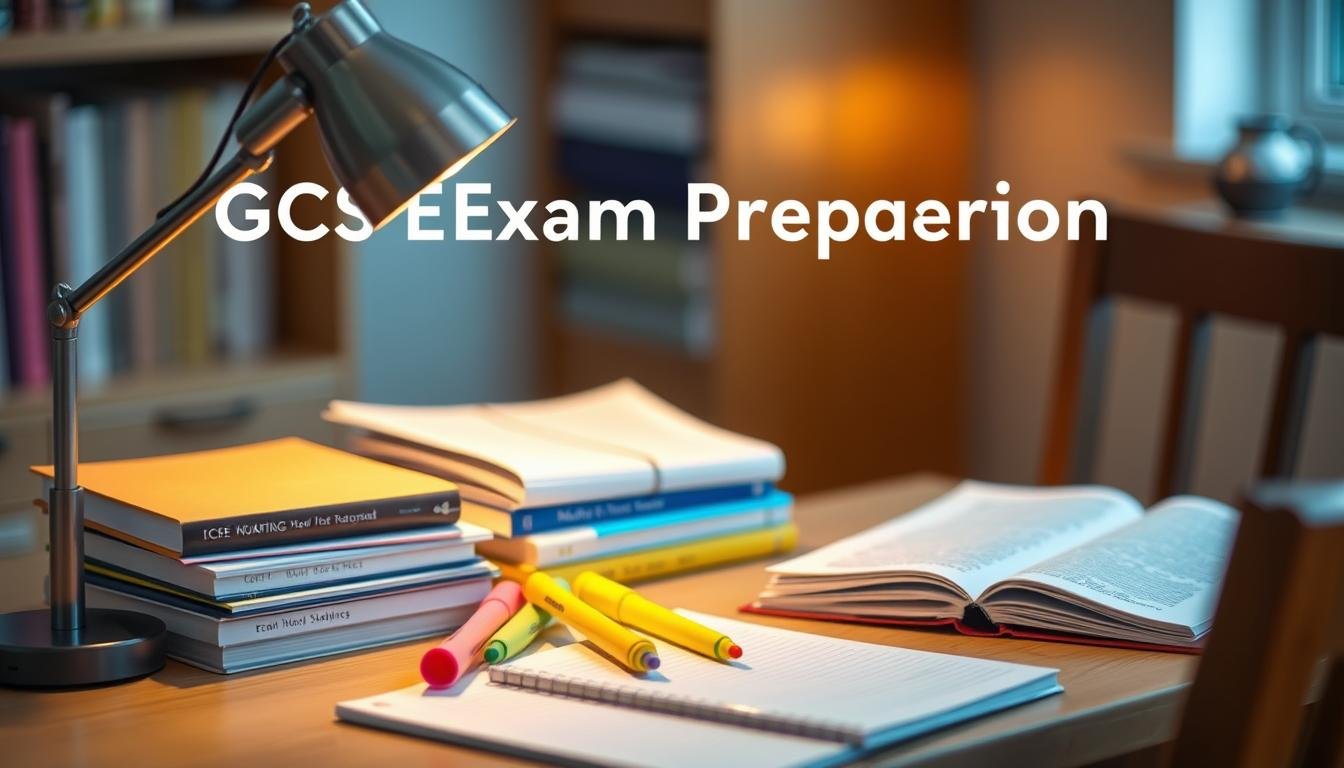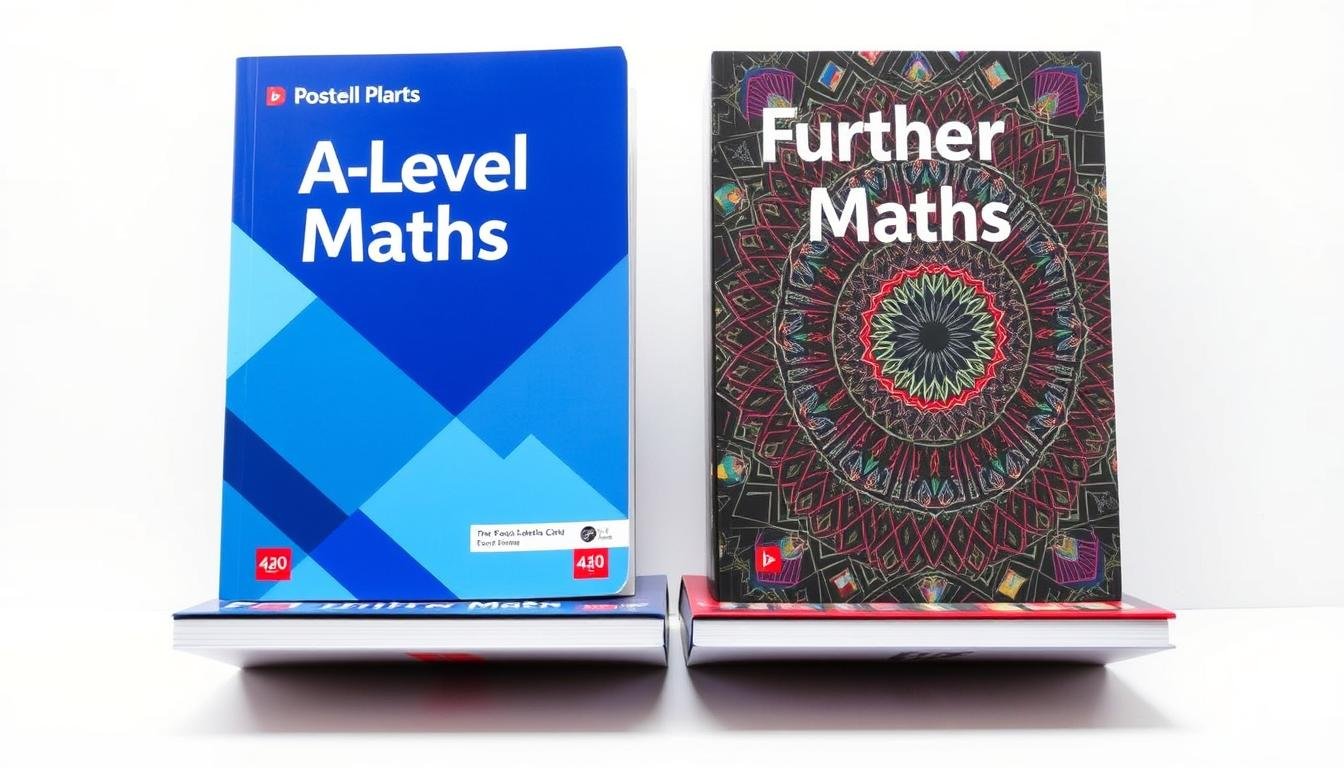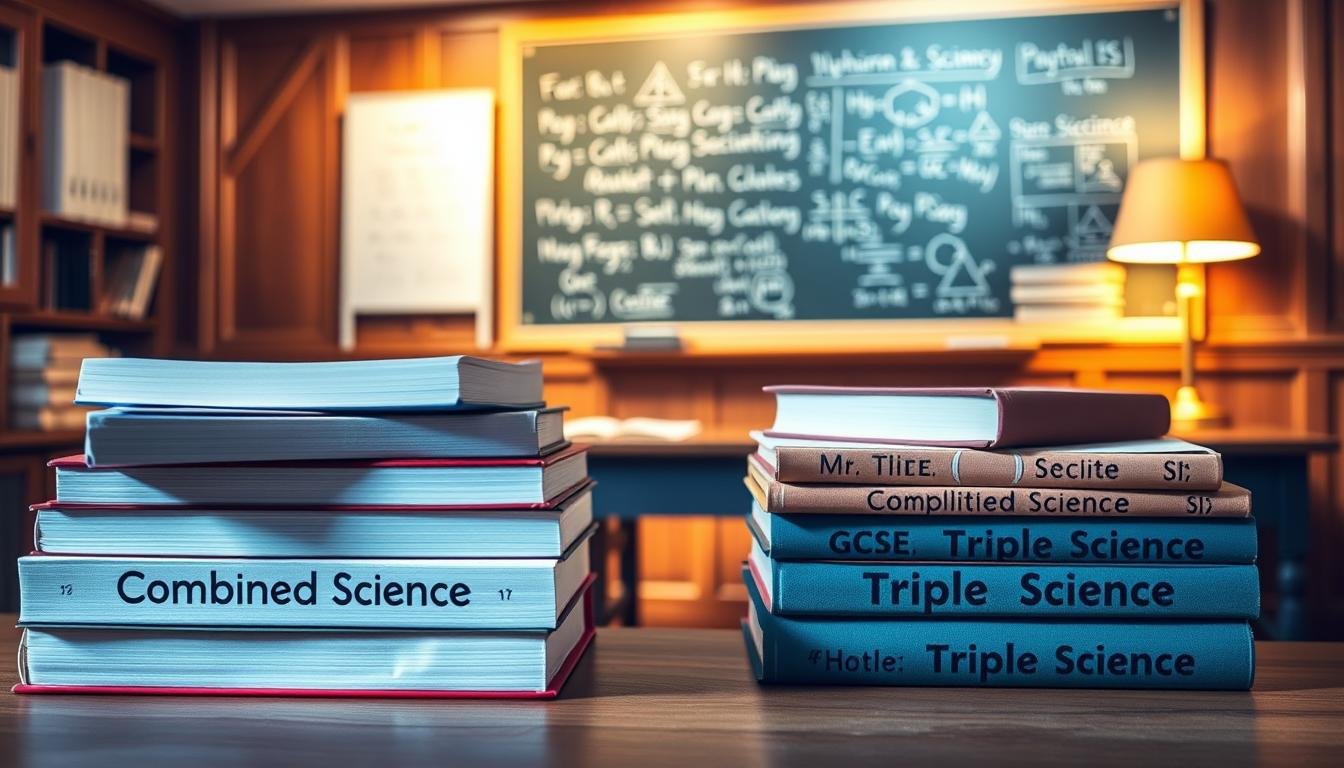Are you finding it hard to keep up with all the dates and events for your GCSE History exam? It’s key to understand the timeline of historical events to do well.
Summary sheets for the Edexcel GCSE History specification can really help. They give a quick look at key dates and events. By focusing on these important points, you can get ready better for your exams and boost your grades.
By mastering the most critical dates and events, you’re set to ace your exam. Stay focused, and you’ll reach your goals.
GCSE History Key Dates & Events Overview
Getting ready for your GCSE History exams? It’s key to know the major dates and events that shaped our world. These historical highlights help you understand the bigger picture of the periods you’re studying.
Medicine Through Time
Medicine Through Time covers many eras, from old practices to new discoveries. Here are some key dates and events:
Medieval Medicine (1250-1500)
- The Black Death (1348-1350) changed medical practices and how people saw disease.
- Doctors mainly followed Galen and Hippocrates’ teachings.
Renaissance to Industrial Revolution (1500-1900)
- William Harvey’s discovery of blood circulation in 1628 was a big change.
- Edward Jenner’s smallpox vaccine in 1796 started saving many lives.
Modern Medicine (1900-present)
- Alexander Fleming found penicillin in 1928, changing how we treat infections.
- New surgical methods, like organ transplants, have greatly improved care.
International Relations and Conflict
This topic looks at major global conflicts and their effects on world relations.
World War I (1914-1918)
- The assassination of Archduke Franz Ferdinand in 1914 started the war.
- The war introduced new military tech, like tanks and planes.
World War II (1939-1945)
- Nazi Germany invaded Poland in 1939, starting the war.
- The liberation of Auschwitz-Birkenau in 1945 showed the Holocaust’s horrors.
Cold War Tensions (1945-1991)
- Europe split into Eastern and Western blocs, causing long-term tension.
- The Cuban Missile Crisis in 1962 almost led to nuclear war.
Depth Studies
Depth Studies let you dive deeper into specific historical periods.
Nazi Germany (1933-1945)
- Hitler became Chancellor in 1933, starting the Nazi rule.
- The Nuremberg Laws in 1935 took away Jews’ citizenship and banned marriage.
Elizabethan England (1558-1603)
- Queen Elizabeth I’s start in 1558 brought cultural and economic growth.
- The defeat of the Spanish Armada in 1588 made England independent.
American West (1835-1895)
- The Mexican-American War (1846-1848) gave the U.S. new land.
- The 1849 California Gold Rush attracted thousands to the West.
British Empire and Decolonization
- The British Empire grew a lot in the 19th century, covering many continents.
- Decolonization started in the mid-20th century, with many countries gaining freedom.
Knowing these important dates in GCSE History and events in GCSE History will help you do well in your exams. It also helps you see the importance of these historical moments.
Effective Strategies for Mastering Historical Dates

Learning historical dates well is key to doing well in GCSE History exams. You need strategies to remember and recall important dates and events.
Memory Techniques for Timeline Retention
Memory techniques are great for remembering historical dates. Two effective methods are making visual timeline maps and using mnemonic systems.
Creating Visual Timeline Maps
Visual timeline maps make it easier to see the order of events. By making a map, you can see how events are connected and how they change over time.
- Start by identifying key events in a specific period.
- Plot these events on a timeline, noting the dates.
- Use different colors or symbols to categorize events (e.g., political, social, economic).
Mnemonics are tools to help you remember information. For historical dates, you can make mnemonics using associations or acronyms.
- Create a sentence or phrase where each word corresponds to the first letter of the date or event you want to remember.
- Use rhymes or songs to make the information more memorable.
Connecting Events to Historical Significance
It’s as important to understand the significance of historical events as it is to remember their dates. This means identifying key moments in history and seeing cause and effect.
Identifying Turning Points in History
Turning points are events that greatly change history’s course. Knowing these points helps you grasp the bigger picture of historical events.
- Analyze how a particular event led to subsequent changes.
- Consider the impact of the event on different aspects of society.
Understanding Cause and Consequence
Every historical event has causes and effects. Understanding these connections helps you see how events are linked.
- Identify the immediate and long-term causes of an event.
- Examine the consequences of the event, both short-term and long-term.
Applying Chronological Knowledge in Exams
Knowing historical dates is vital, but using this knowledge in exams is just as important. This means organizing timeline-based essays and using dates to support your arguments.
Structuring Timeline-Based Essays
When writing essays, organizing your thoughts chronologically can be very effective.
- Start with an introduction that sets the historical context.
- Use the timeline to structure the body of your essay, discussing events in order.
Using Dates as Evidence in Arguments
Dates can be strong evidence when making historical arguments.
- Use specific dates to support your claims.
- Explain the significance of the dates in the context of your argument.
By using these strategies, you can master historical dates and do well in your GCSE History exams.
Conclusion
You now know the important dates and events in GCSE History. This includes Medicine Through Time, International Relations and Conflict, and Depth Studies. By using the strategies shared earlier, you can remember historical timelines better.
To do well in your GCSE History exams, make sure to remember key moments. Use memory techniques and know the timeline to answer exam questions confidently.
Mastering these key moments will help you analyze historical events well. This will show your understanding in exams. Stay focused, and you’ll do great in your GCSE History studies.
